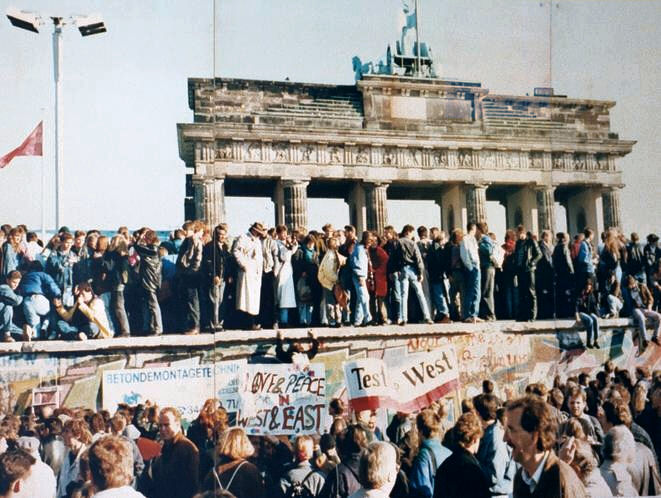HUMS 379, Media of Migration

Course Description:
What role do media play in current debates on transnational migration? How do the stories they tell shape our imagination of refugees’ journeys starting in the Middle East, Africa, and Asia? Against the backdrop of European colonialism, post-1945 labor migration, and the so-called “European Refugee Crisis” in 2015, this course analyzes media representations of migration to Europe in the 21st century. We explore representations of migration due to political conflict, global economic inequality, and climate change. Throughout the course, we analyze the critical potential of different types of media, in particular the problems of representation and appropriation they might pose. Examples include: testimonial literature (In Our Own Words), short story (Popoola, Breach), graphic novel (Evans, Threads), novel excerpts (Hamid, Exit West; Erpenbeck, Go, Went, Gone), cinematic adaptation of literature (Petzold, Transit), narrative cinema (Audiard, Dheepan), film essay (Ai, Human Flow; Sasse, #MyEscape), documentary (Clusiau/Schwarz, Immigration Nation; Brossmann, Lampedusa in Winter), mixed media art and various digital media projects (Refugee Radio Network; Arriving in Berlin; Bury Me, My Love). Fusing media analysis with studies of comparative racialization adapted to the European context, this course ultimately counters nationalist arguments by investigating the case for free movement.
Led by:
 |
Professor Jette Gindner |